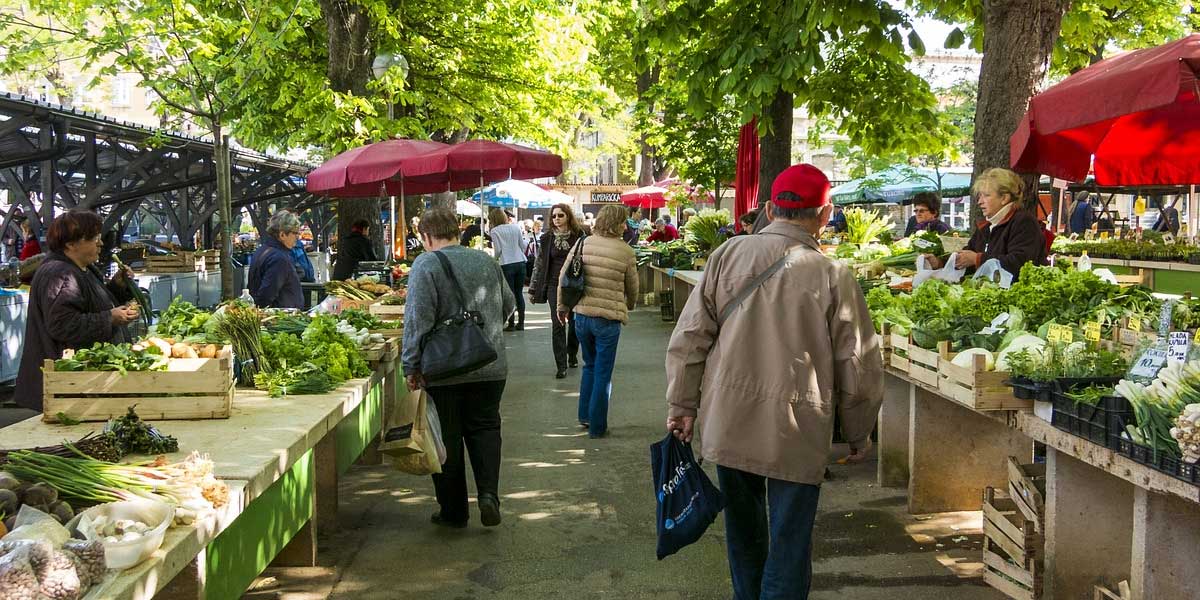Eating locally grown foods has many benefits for the consumer, grower, and the community.
What do you mean by locally grown food?
Locally produced food is a broad term that describes food grown within a geographical region considered local to your distinct area. Whether within your county, city, neighborhood, or backyard, locally grown food can take many forms. When buying locally, you may choose to purchase food cultivated as locally as possible. Locally grown food can often be found in your regular grocery store, at farmers' markets or within community-supported agriculture programs.
A few materials or practices included in organic crop farming:
- Plant waste left on fields (green manure), livestock manure, or compost to improve soil quality
- Plant rotation to preserve soil quality and to interrupt cycles of pests or disease
- Cover crops that prevent erosion when parcels of land are not in use and plough into soil for improving soil quality
- Mulch to control weeds
- Predatory insects or insect traps to control pests
There are many advantages to buying locally farmed food, and each person makes their choice for various reasons. Locally grown food constructs meaningful economic opportunities, nourishes health benefits and aids to reduce environmental impact. It also helps bring the community together and gives people the chance to make a difference.
What kinds of food can you buy locally?
Fruits, Vegetables Organic snacks, Pickles, Herbs, Flours Oils, Others
Reasons to buy local Full of flavor:
When grown locally, the crops are picked at their peak of ripeness versus being harvested early to be shipped and distributed to your local retail store. Often, produce at local markets has been picked within 24 hours of your purchase.
Seasonal freshness: Even though we wish mangoes and strawberries were grown year-round, the best time to eat them is to buy them directly from a local grower. They are full of flavor and taste better than those available in the summer and winter, respectively, and picked before they are ripe.
More nutrients: Local food has a shorter time between reaping and your table, and it is less likely that the nutrient value has dwindled. Food imported from far-away places is often older, has journeyed, and sits in distribution centers before getting to your store.
Supports the local economy: The money spent with local farmers and growers stays close to home and is reinvested with businesses and services in your community.
Promotes a safer food supply: The more steps between you and your food's source, the more possibilities there are for contamination. Food grown in distant locations has the potential for food safety issues at harvesting, washing, shipping, and distribution.
Spreads awareness and knowledge: You can ask what practices they use to raise and harvest the crops. When you know where your food comes from and who grew it, you see a lot more about that food. Additionally, many people feel local food tastes better and lasts longer. They also find peace of mind knowing exactly where their food came from and how it was grown. For others, supporting community economics and building relationships with local food producers is incredibly important to protect the environment. Whatever the reason, buying locally grown food is a significant movement to support your community. Go Local, Go Healthy, Go Organic!

